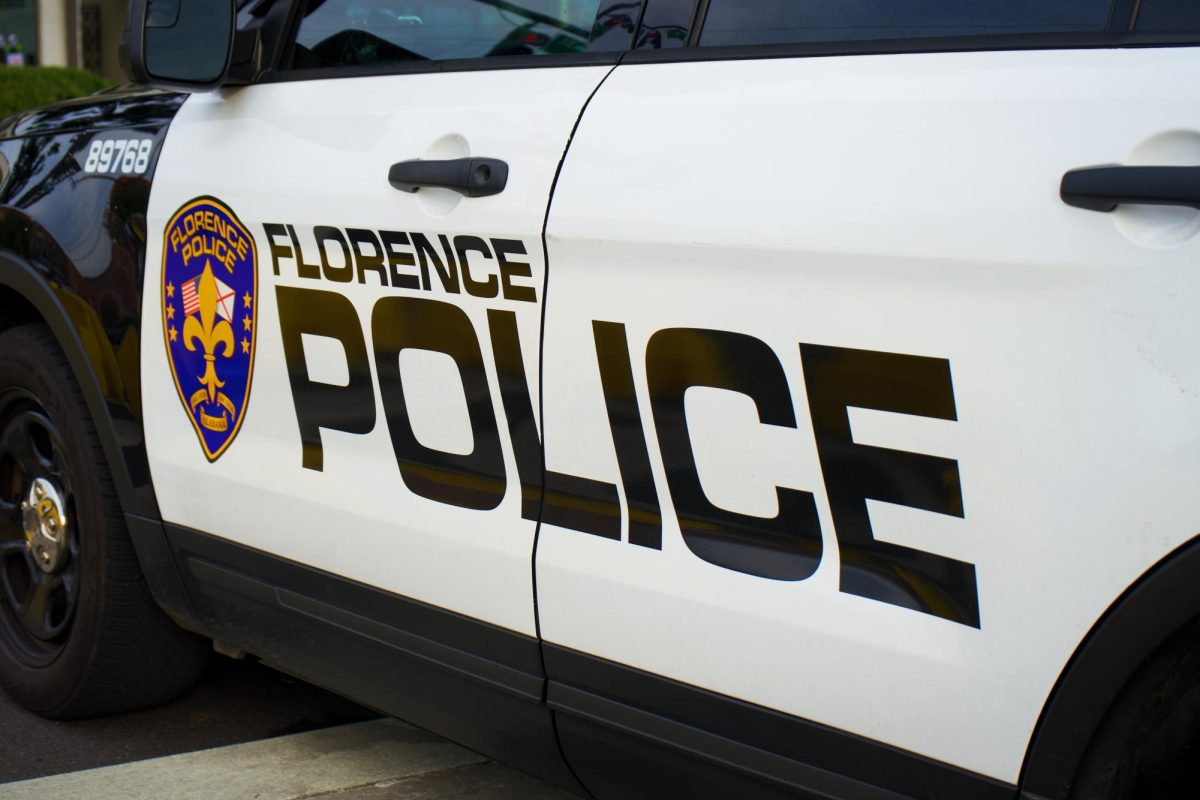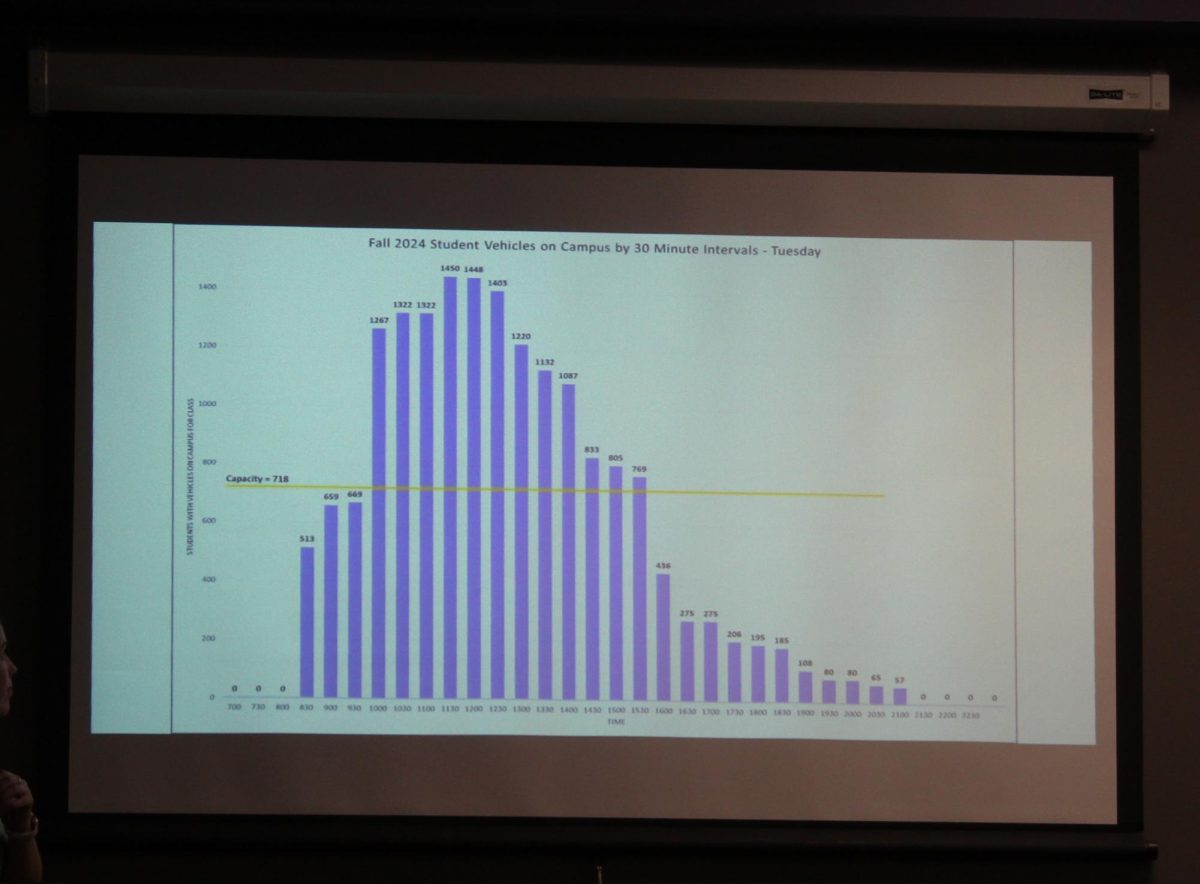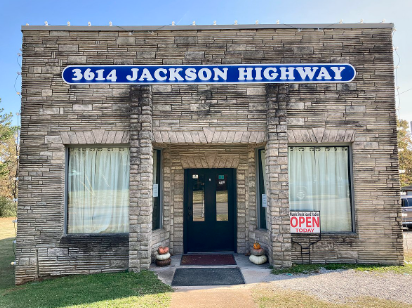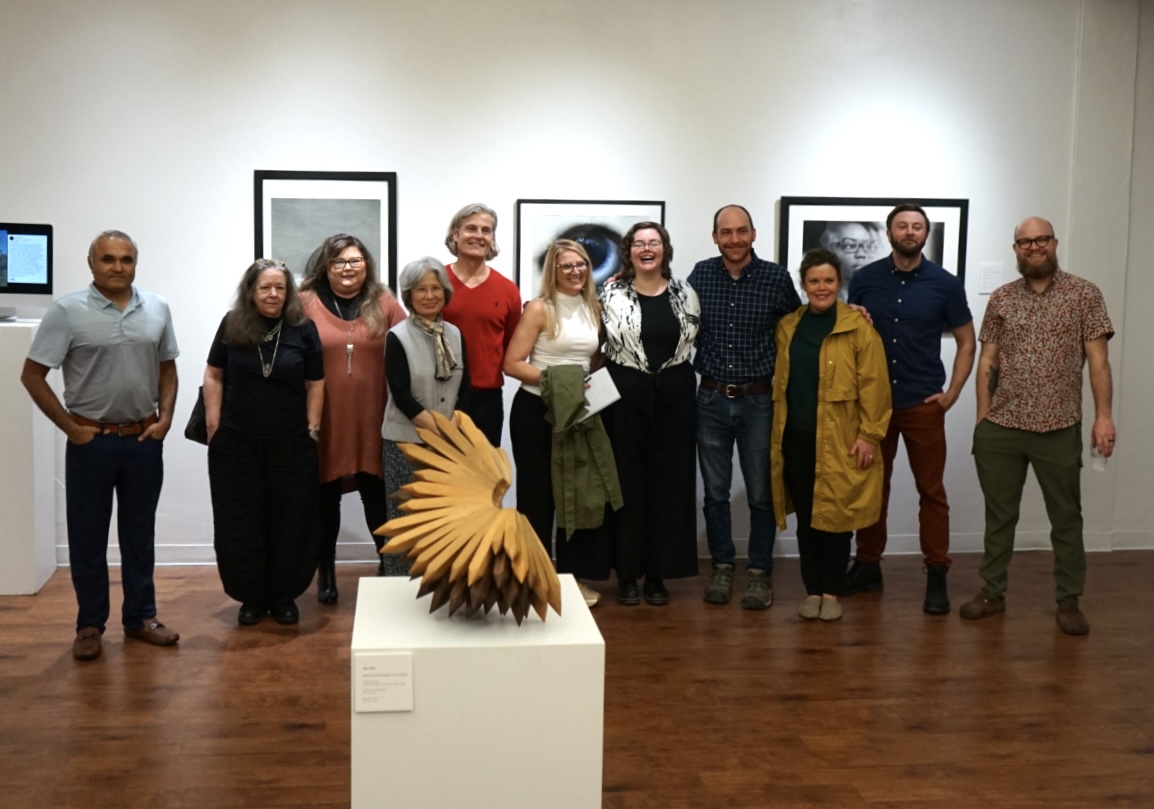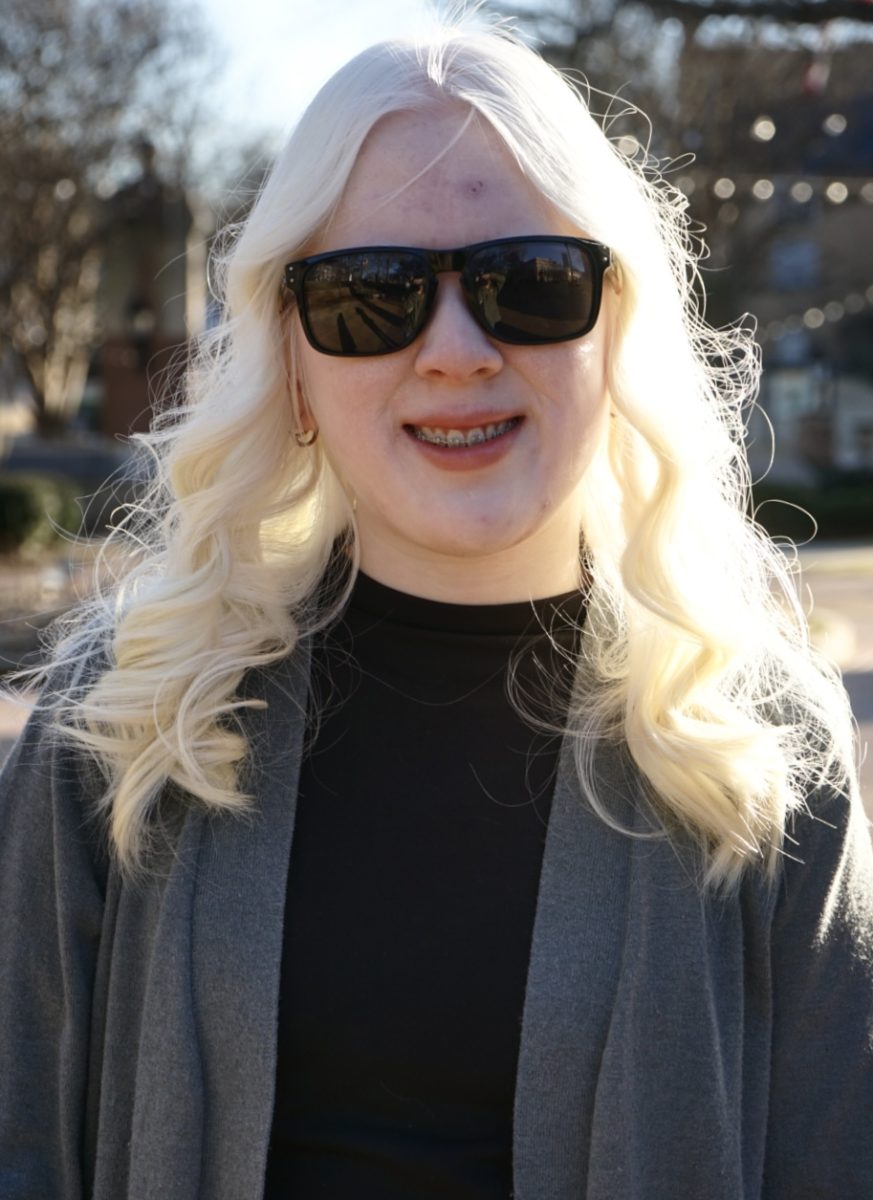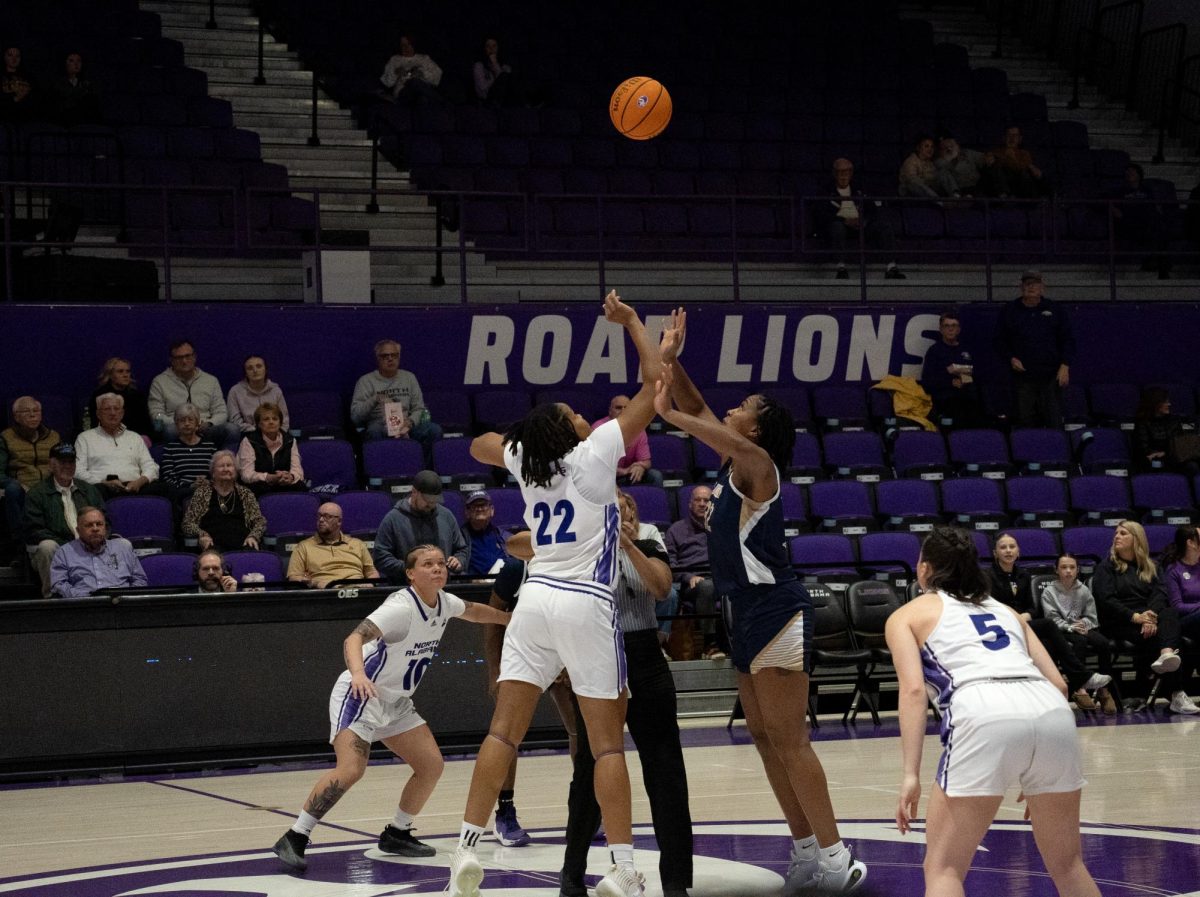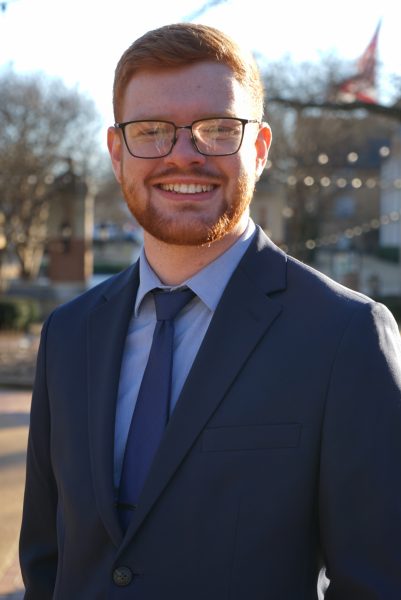The Florence Police Department has been helping the homeless of Florence by aiding them in getting government identification since April of 2024.
The Community Lauderdale Identification Program, or CLIP, is a joint venture between Florence Police Department and the Community Action Agency of Northwest Alabama, which aids the Florence homeless population in getting back on their feet by helping them obtain important documents such as social security cards, birth certificates and others.
CLIP functions as a part of FPD’s Community Oriented Problem Solvers Unit, led by Officer Justin Hill. Directly over CLIP itself, however, is Officer Brandon Lindsey. Officer Lindsey helped begin the program by reaching out to Community Action, and now functions as the liaison between Community Action and the FPD. He also provides the primary point of contact for the homeless to begin working with CLIP.
“It is a great program,” said Sgt. Hill. “These people did not choose to be homeless. This is just a small thing we can do for them to help them get back on their feet again.”
The primary function of CLIP is to help connect homeless individuals with Community Action, who can then help these individuals through the process of getting crucial documents, without which they can be prevented from things such as employment, credit applications and housing.
Homeless individuals may lose these documents for a wide variety of reasons. Without a safe place to store them, their documents are much more likely to be stolen, misplaced or even destroyed from exposure to the elements. Issues like theft also still sadly affect the safer places for the homeless, such as homeless shelters and encampments around the city.
According to Jackie Baker, Parenting Coordinator and head of CLIP at Community Action, their capabilities regarding CLIP are primarily focused around helping homeless people with the cost of obtaining their personal documents. In their efforts to help some get their birth certificates, for example, Baker says that the document can cost anywhere from $30 to more than $70. The prices primarily vary depending on the state they are issued from. She says that since she began to oversee the program in June, they have helped more than 35 people get their birth certificates from states across the country. Only one of these people was actually from the state of Alabama.
Though they can obtain some documents on behalf of an individual, other documents like Social Security cards must be procured by the individual themselves, which limits Community Action to simply guiding them through the process. Baker says that the process of getting a valid identifying document is a complicated process.
“It’s just crazy,” said Baker. “These people want you to have an I.D., to try to get an I.D.”
In order to get these identification documents, many people have to get medical records from a hospital they have been treated at in order to prove their identity. Officer Lindsey often helps these people by confirming their identity at the hospital, in order to help their medical records get released.
Because of the difficulty of keeping these documents and records preserved properly, Baker says many people that have made use of CLIP have eventually needed to use the program’s services again afterwards. For this reason, Community Action does their best to keep copies of these documents on hand for as long as possible. When some individuals eventually return to the program, Community Action will help them get these backup documents.
Baker hopes to see communities do more to help the homeless population, specifically in the area of mental health.
“We could provide housing all day long,” Baker said. “If we don’t address mental concerns, they will be right back out on the street.”
In her experience working with the homeless, she says that she has seen mental health issues ranging from substance abuse to Post-Traumatic Stress Disorder. She also says that these mental health issues have only gotten worse since the COVID-19 epidemic of 2020.
Florence has done well in showcasing a compassionate attitude towards the homeless, according to Baker. She believes that the work of Officer Lindsey and others involved in the CLIP program is critical to helping the homeless in our community.
Though CLIP only helps homeless individuals get their IDs, Community Action provides many other services for those who are homeless. One of their most well-known services is the Meals on Wheels service, which helps provide elderly residents of the Shoals with prepared meals several times a week. They also offer a referral-based Chance Program which can help the homeless with up to two years of paid rent, as well as aid them in maintaining their home and utilities. They also offer training services for both parents and daughters to help foster healthy home lives for families in the Shoals.


